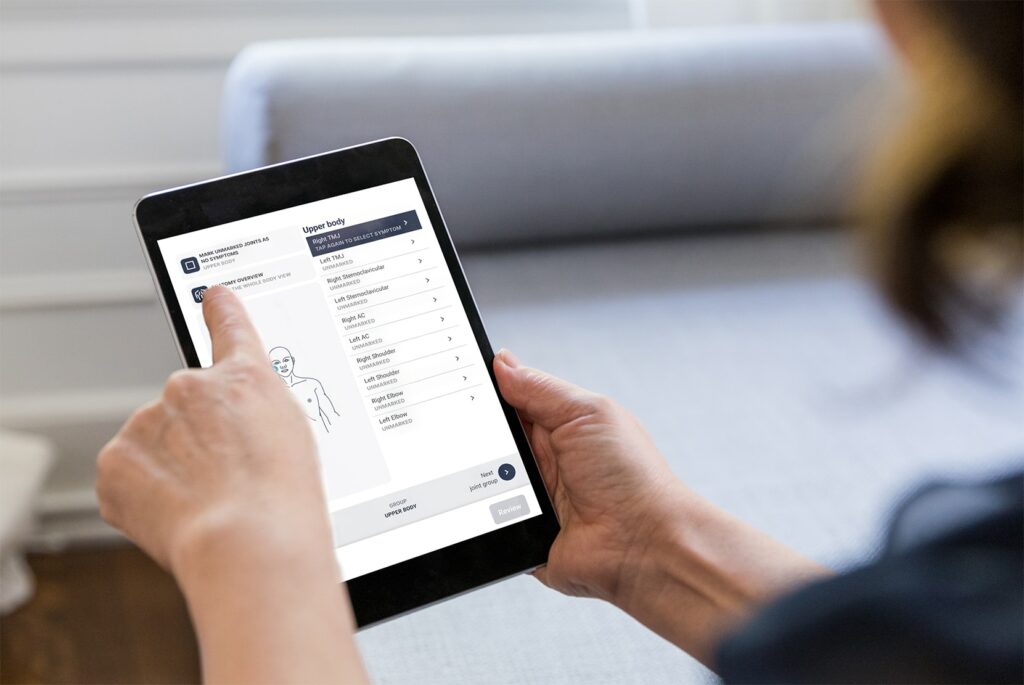In a long overdue move, Congress recently made strides in enhancing clinical trial diversity by mandating that sponsors of most drug and device clinical trials include a Diversity Action Plan with key trial documents submitted to the Food and Drug Administration (FDA).
The Food and Drug Omnibus Reform Act (FDORA) was signed into law as part of the Consolidated Appropriations Act of 2023 and includes provisions for clinical trial diversity and modernization. These provisions require that sponsors of certain clinical studies submit Diversity Action Plans to the FDA. The purpose is to improve the enrollment of populations that have historically been underrepresented in clinical studies of drugs, biological products, and devices. The requirement to submit Diversity Action Plans applies to Phase 3 clinical studies or other pivotal clinical studies of drugs, biological products, and devices, for which enrollment commences 180 days after publication of final guidance on Diversity Action Plans1.
During YPrime’s annual Innovation Network Gathering, H1’s Regional Vice President, Ryan Brown, emphasized the importance of inclusivity in clinical research. At the heart of Ryan’s presentation lies a fundamental question: How can we connect with a deeper purpose? By drawing parallels between homeownership and FDORA, Ryan uncovers transformative insights that can reshape the clinical trial landscape going forward.
In our fast-paced and ever-evolving world, the pursuit of a deeper purpose has become a universal quest. Many aspects of our lives—from personal relationships to professional endeavors—are shaped by our connection to a greater meaning. How can we integrate this sense of purpose into the future of clinical trials?
Homeownership and the housing sector, often viewed through the lens of economic trends and property values, hold a myriad of lessons for those seeking a deeper purpose. Housing choices reflect individual values, socio-economic backgrounds, and aspirations. By understanding the nuances of this complex system, we can extract valuable insights that have the potential to reshape our approach to inclusivity in clinical trial research.
If we had this level of (diverse) representation, how much more safe and effective could medicines be?
The FDORA framework serves as a guiding light. Fairness in participant selection, diversity in trial representation, and accountability in the research process become paramount considerations. As we weave these principles into the fabric of clinical trials, we pave the way for a more just and equitable clinical research landscape.
Am I safe? Do I belong? Will I be heard? These are common questions asked by underserved and underrepresented populations. By examining Fair Housing and FDORA, we can reconsider our approach to clinical trials, encouraging a paradigm shift toward inclusivity and representation. With Zillow, every housing option is available to all. With clinical trials, it should be the same. If the clinical trial industry operates more like Zillow, we can take a significant step toward creating a world where purpose and inclusivity are intertwined, shaping a brighter and more equitable future for all.
Innovation and quality are at the core of everything we do as an industry to improve clinical trials. That’s why every year, we host the Innovation Network Gathering—a forum for brilliant minds from various backgrounds to come together to engage in thought-provoking discourse that sparks new opportunities for growth and change.
Disclaimer: Policy changed in 2025
Resource:
- Clinical Trial Diversity — Oncology Perspective and New FDA Policies ↩︎
Check out our patient engagement resources
about trial design, data capture, operational efficiencies, and, ultimately, solving for certainty in clinical research.


